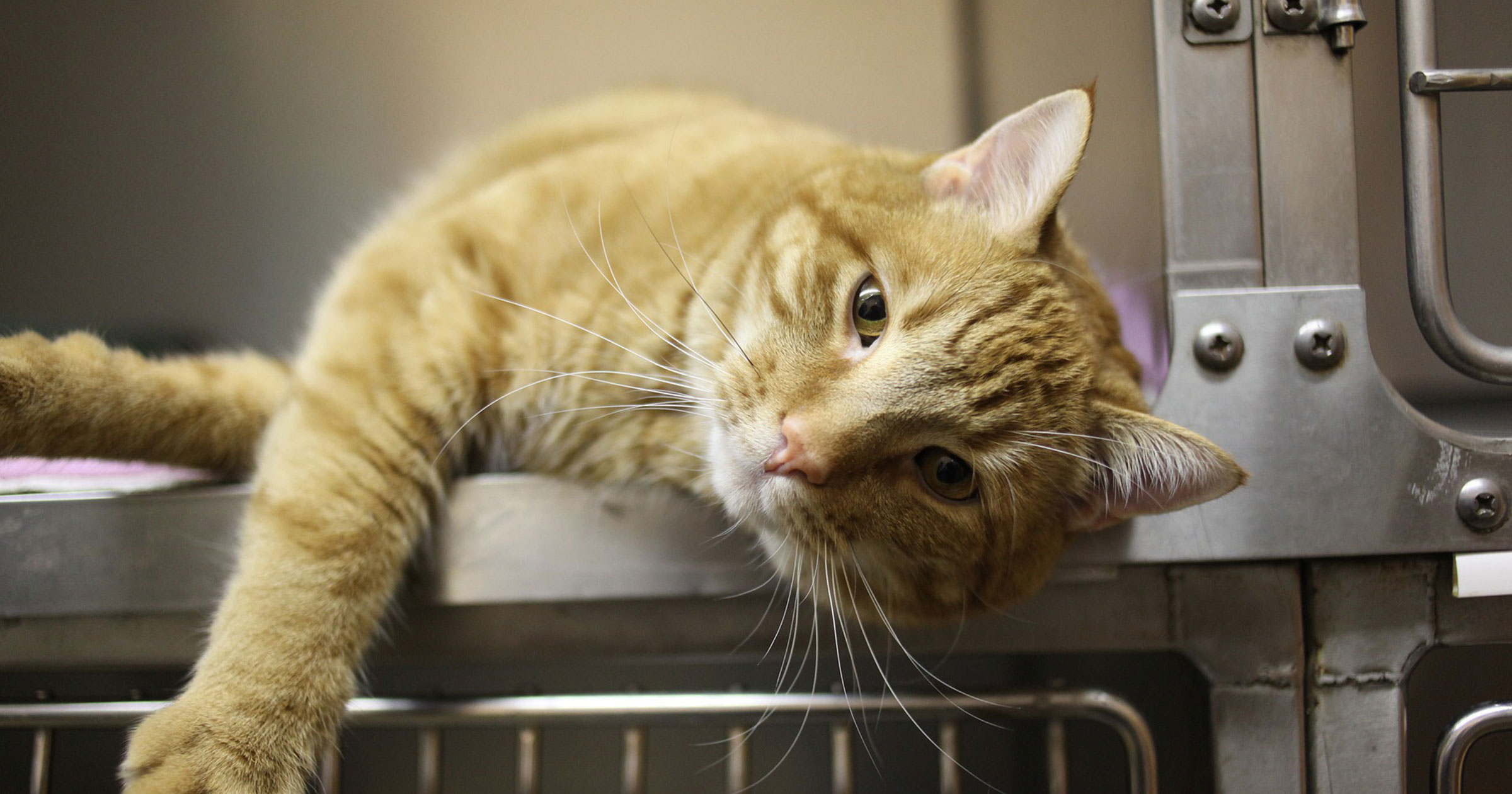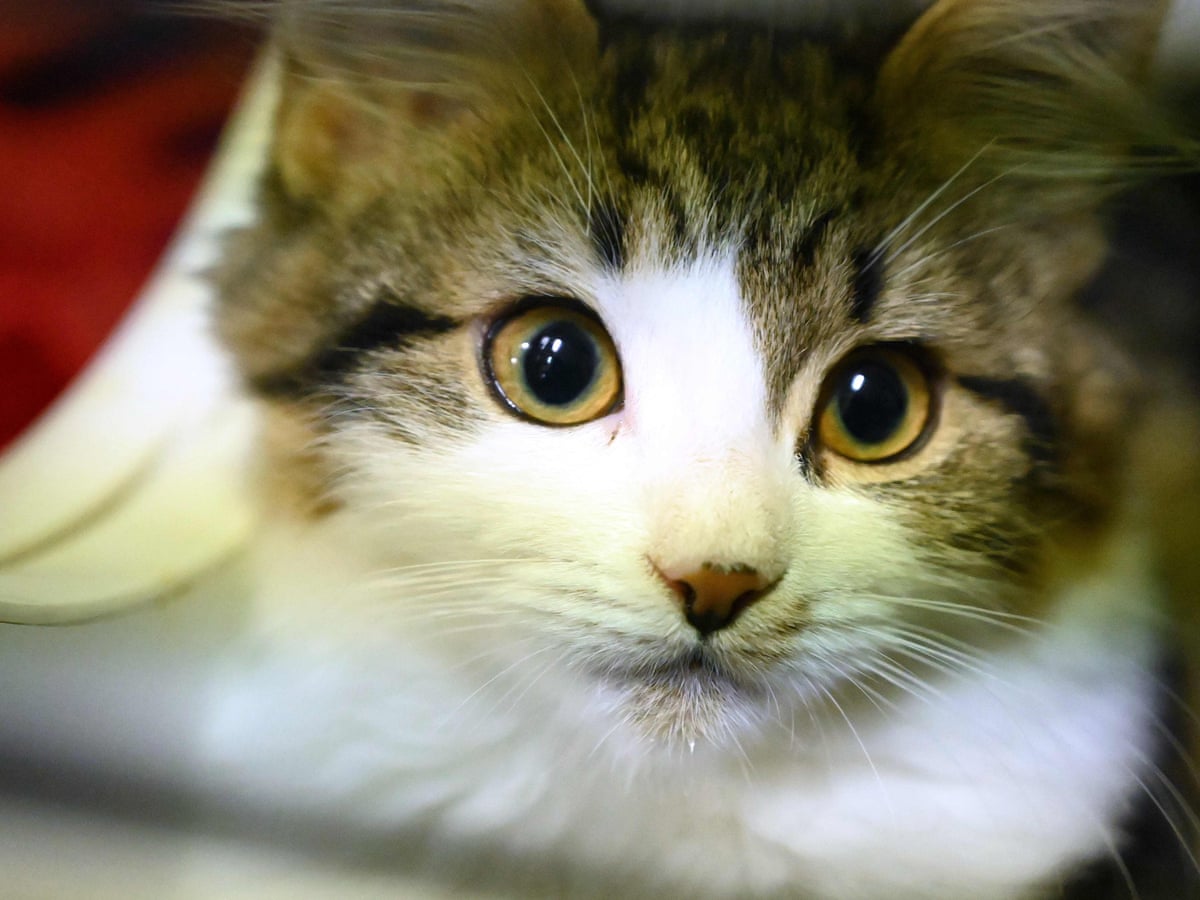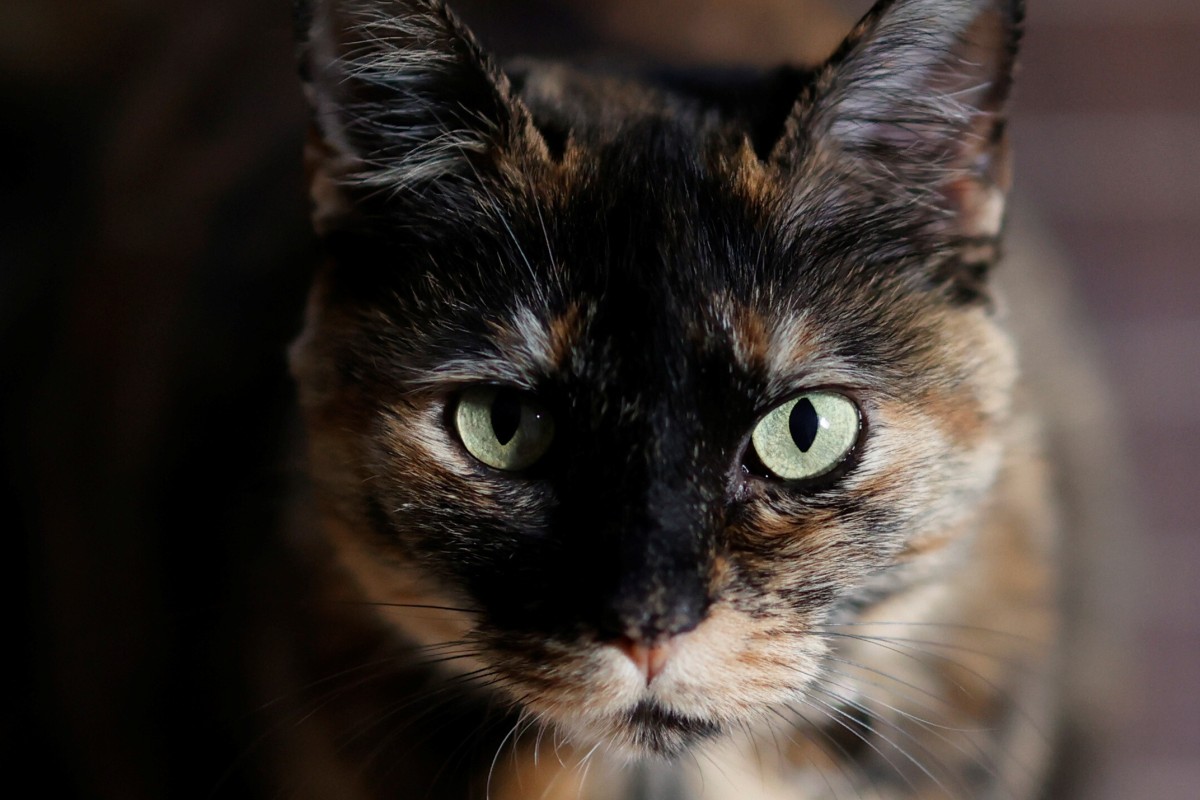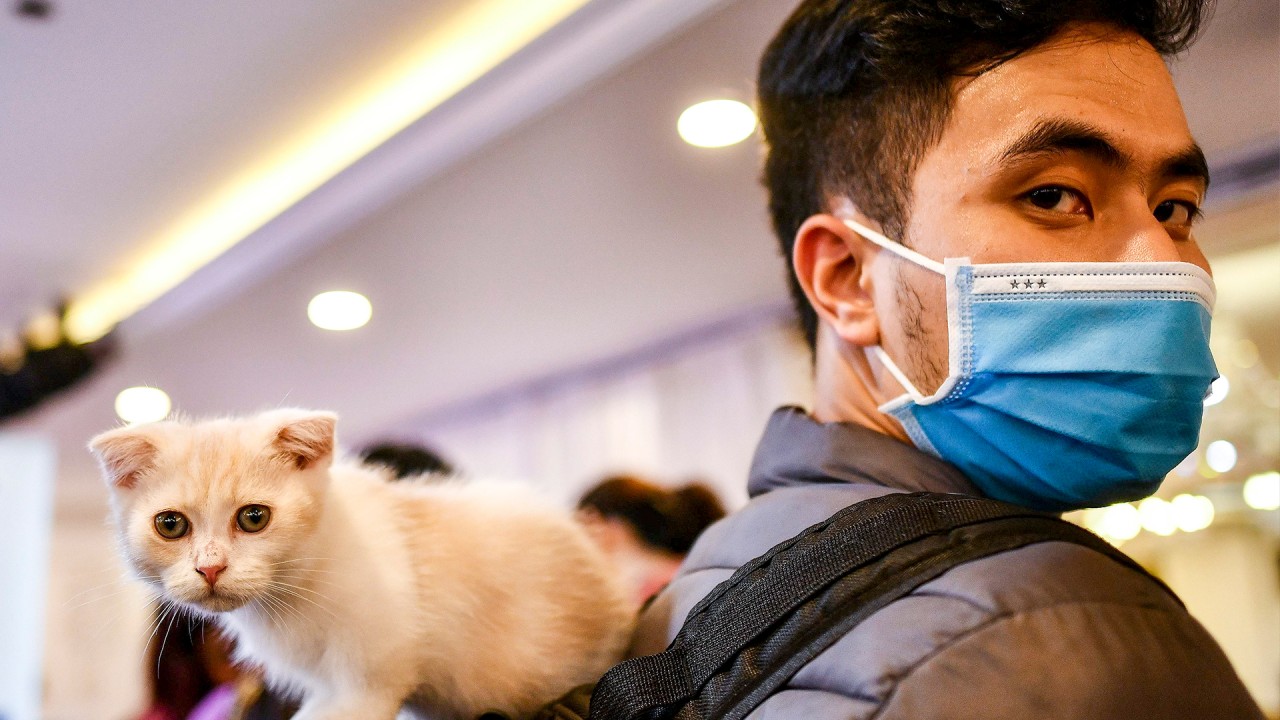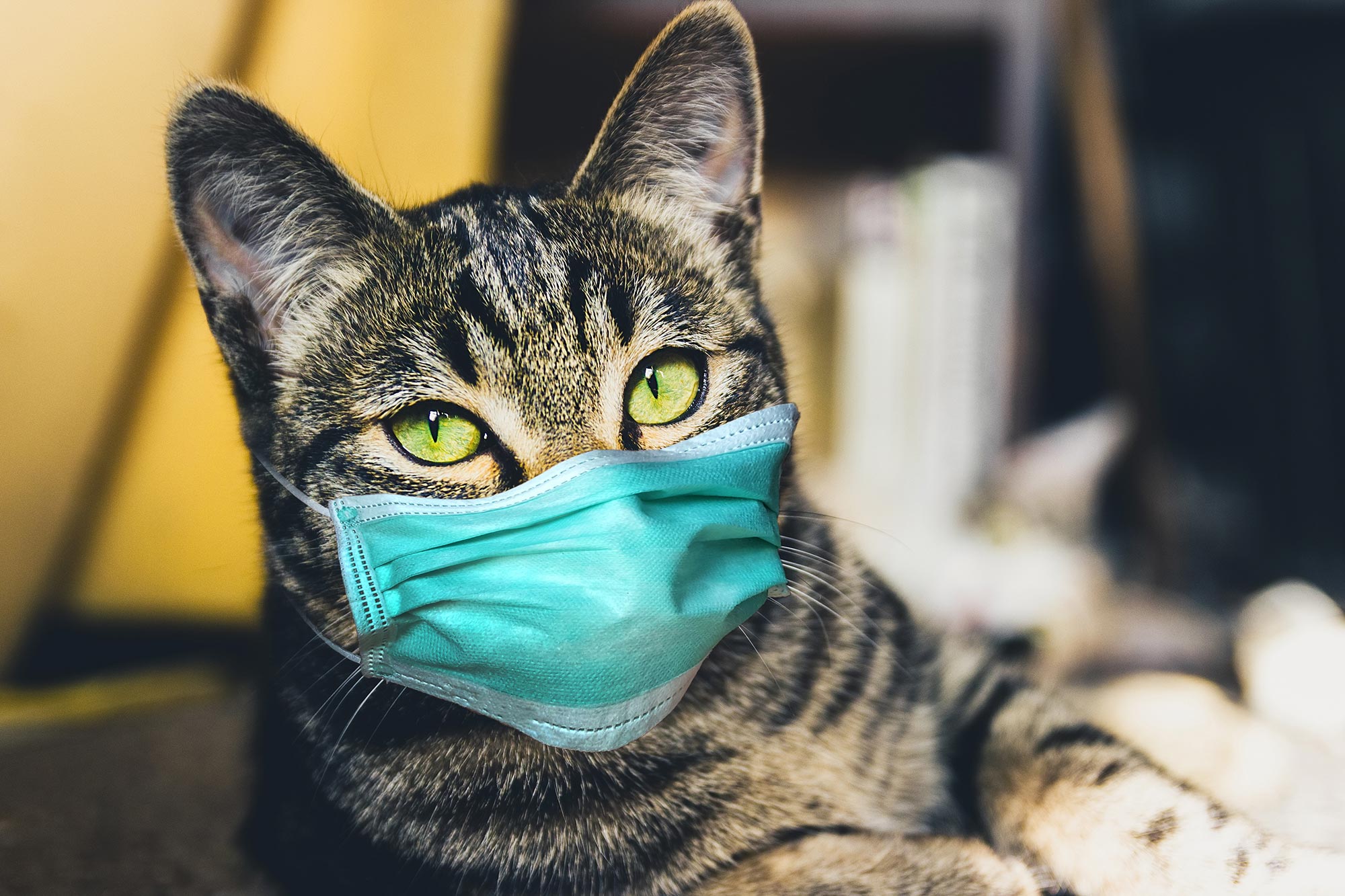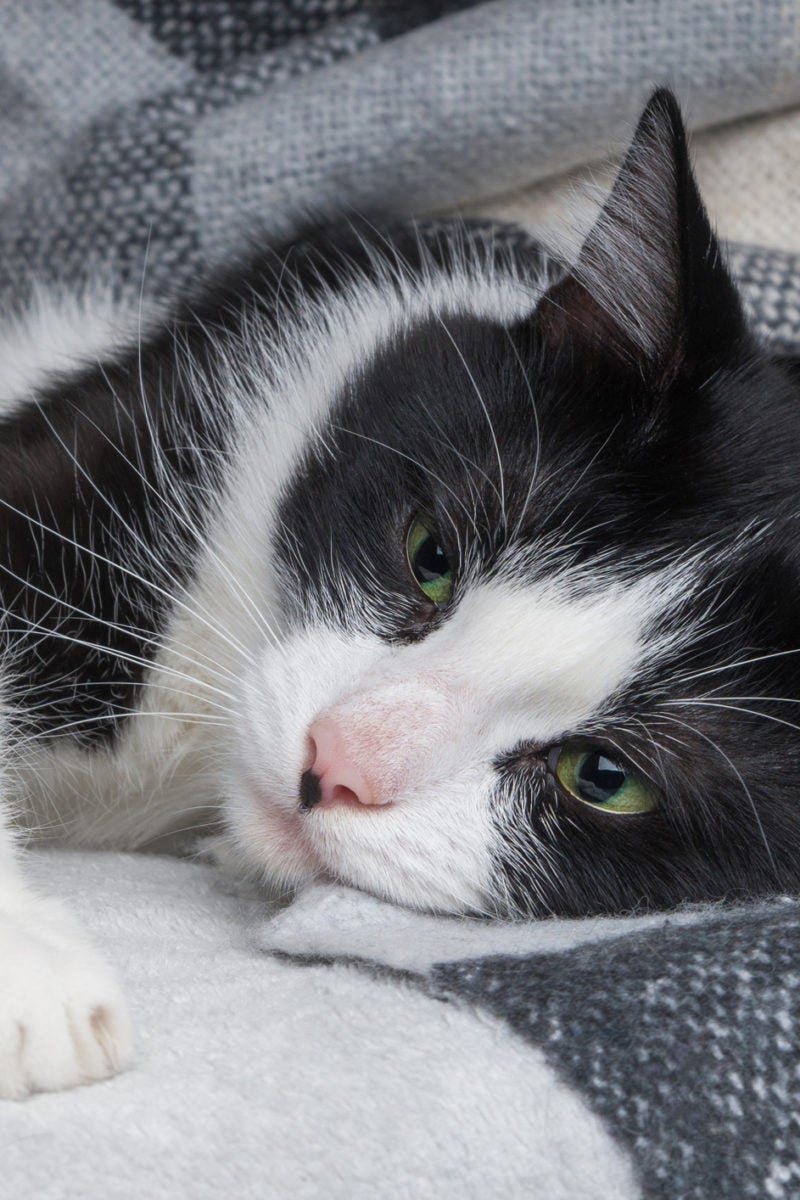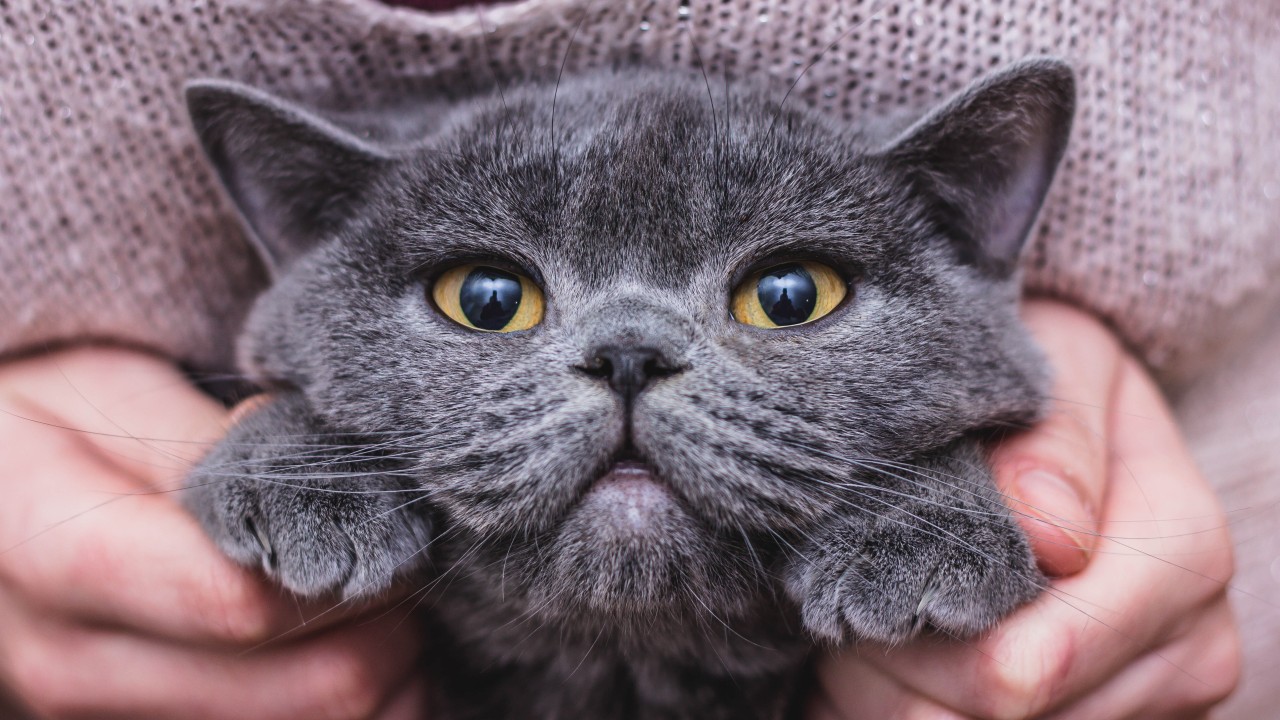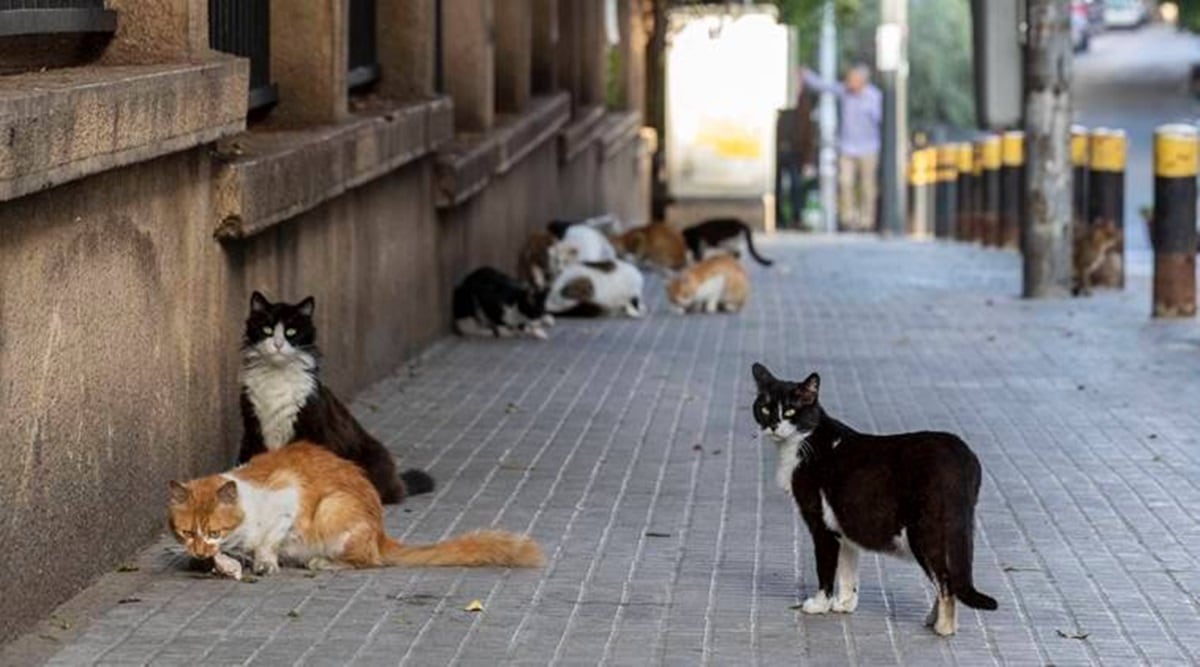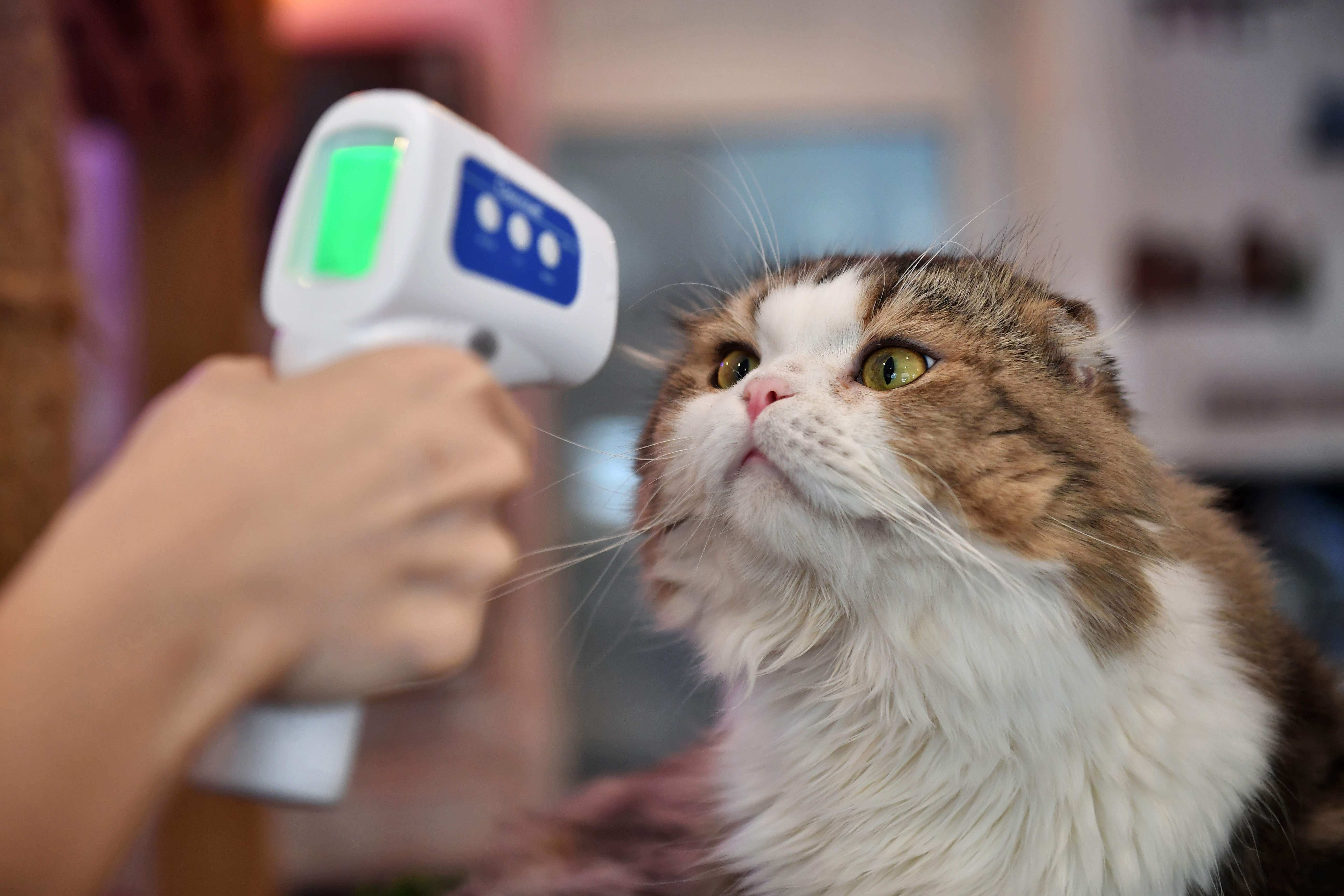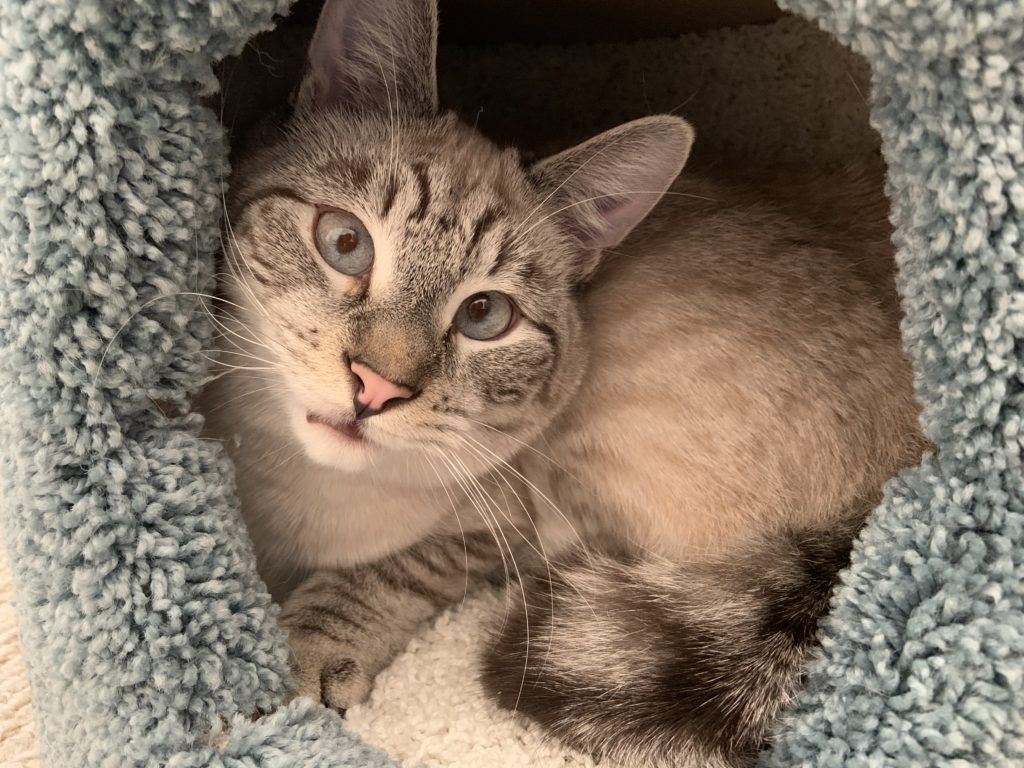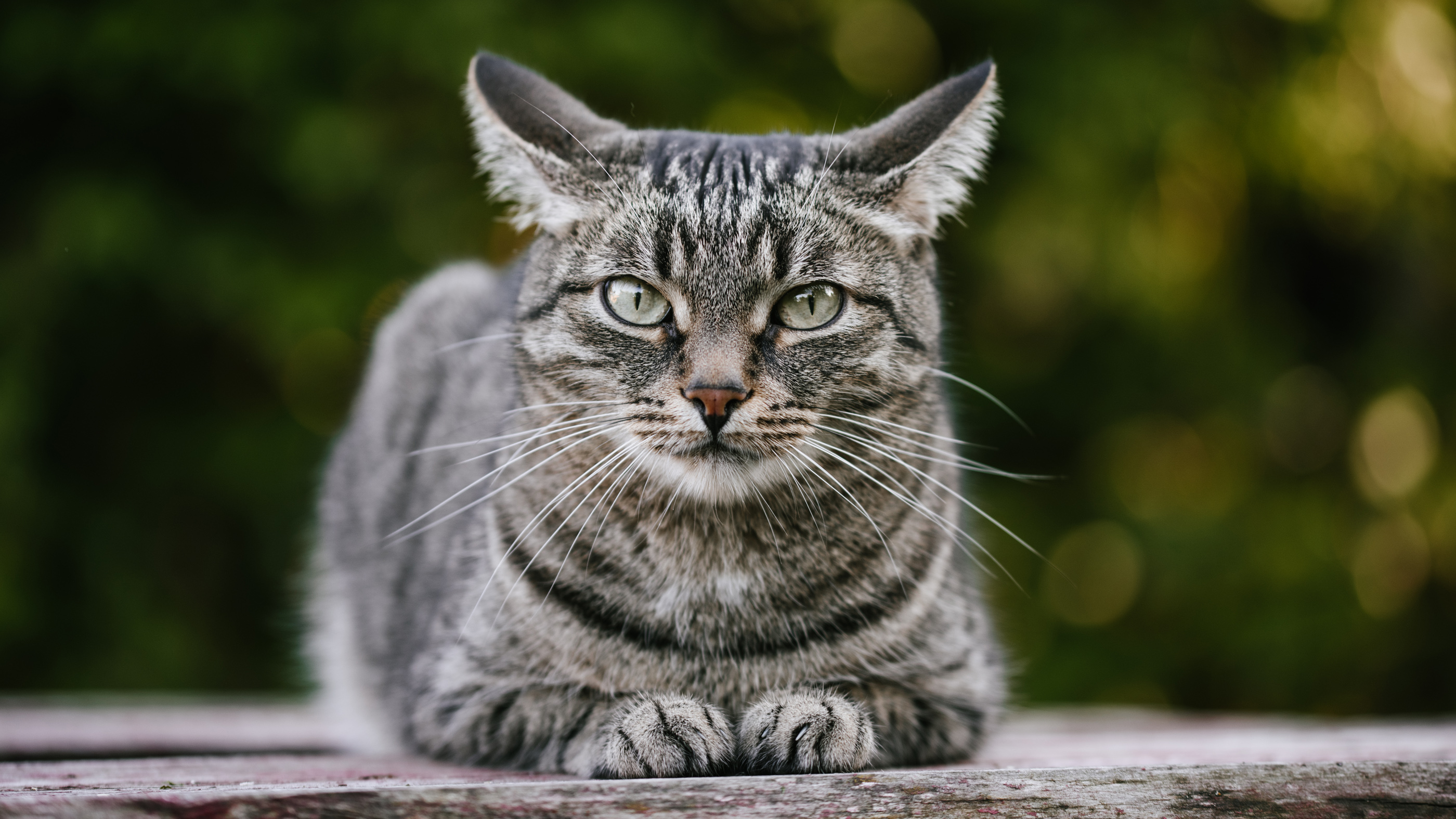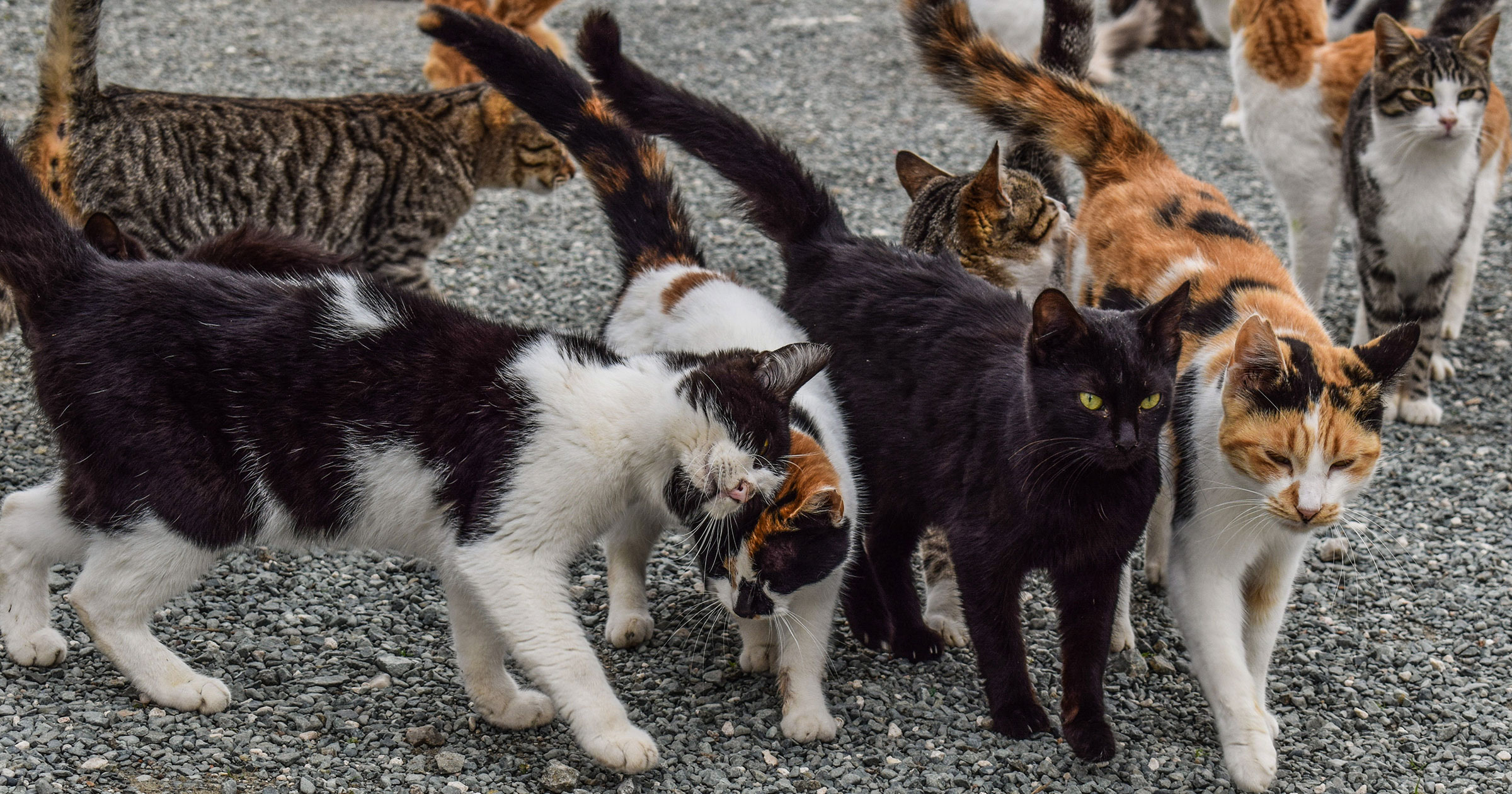Coronavirus In Cats Symptoms
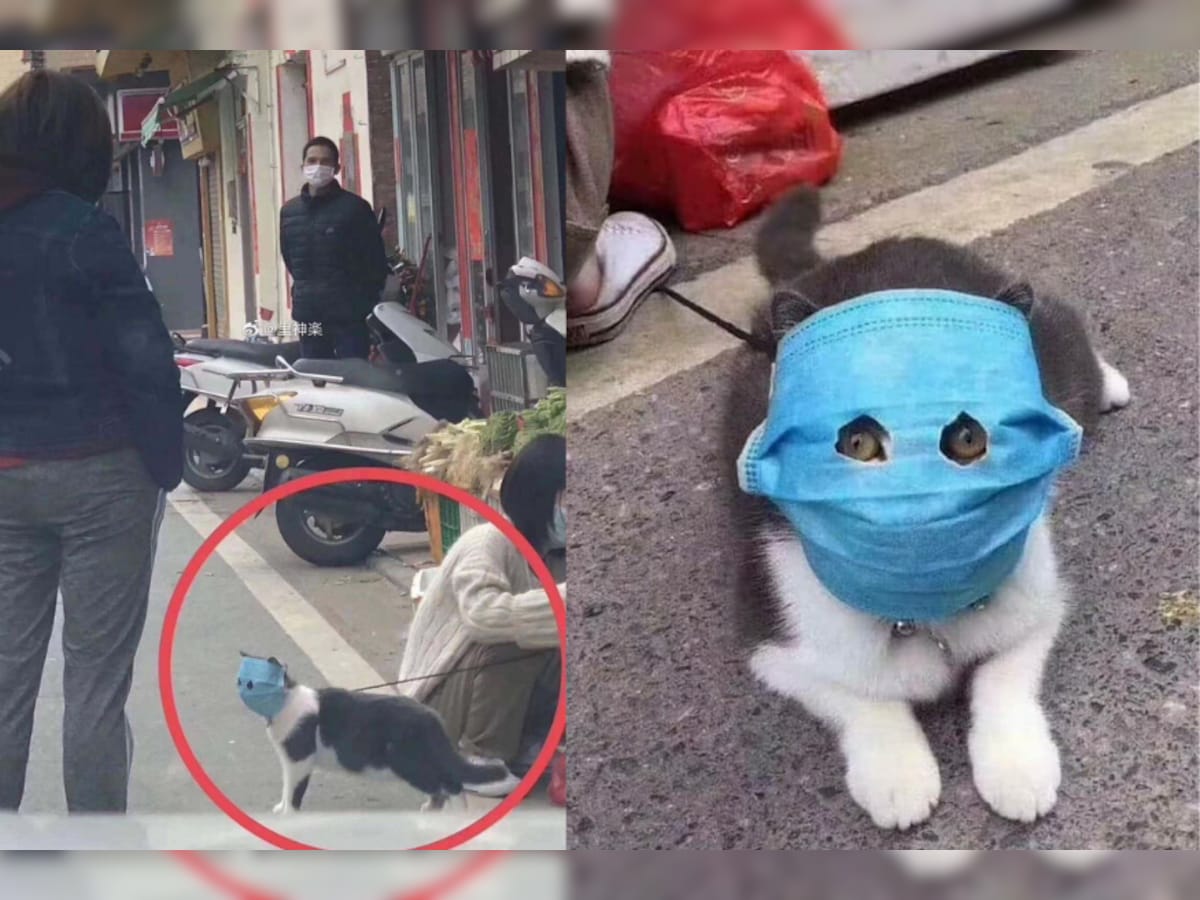
Infection is often subclinical or characterized by transient mild GI illness in kittens.
Coronavirus in cats symptoms. They can also show symptoms of COVID-19 and might be able to pass it to other cats. A new study says that domestic cats can be asymptomatic carriers of COVID-19 virus but pigs are unlikely to be significant carriers of the virus. Most infected cats show no symptoms.
What if my pet shows symptoms coughing fever chills of human coronavirus COVID-19. Feline enteric coronavirus FECV is an enveloped single-stranded RNA virus that is highly prevalent worldwide in domestic cats. Professor Weir explained that if you take your cat to the vet if it.
As yet poorly understood changes in the virus can give rise to mutants that lead to the development of feline infectious peritonitis FIP. Thirteen owned cats 27 had symptoms most commonly a runny nose and difficulty breathing. Of the small number of dogs and cats confirmed to have the virus that causes COVID-19 some didnt show any signs of illness.
If you or a family member has COVID-19 watch for lethargy breathing issues respiratory discharges coughing sneezing and diarrhea in your cat. Signs of coronavirus can be respiratory such as sneezing discharge from the nose runny eyes or gastrointestinal such as diarrhea or vomiting in origin. This infection can affect the brain liver kidneys lungs and skin.
If your pet becomes ill theres reason to be hopeful. Symptoms of coronavirus in cats. Mutation of FECV to a biotype capable of infection and replication within macrophages is responsible for development of feline.
What are the symptoms of coronavirus in cats. A sick cat should be isolated for 14 days in a safe and comfortable place in your home. The cat with coronavirus had symptoms of feline herpes Professor Weir told LBCs Tom Swarbrick.
